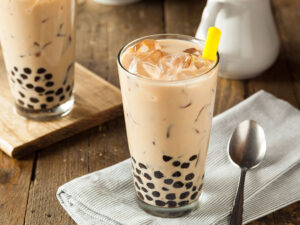Nutrition can be defined as food at work in the body. It can also be defined as the process by which the organism ingests, digests, absorbs, transports and utilizes nutrients and disposes of their end-products. Nutrition is an important aspect of each individual’s life. It is imperative to ensure that each one of us gets a balanced nutritional diet with all components that are needed in our stage of life. Hence it is important to consult a nutrition expert to ensure that you are on the right nutritional track.
Why is nutrition important?
A famous saying “you are what you eat”. A healthy diet consists of a well-balanced diet composed of all important nutrients in the right proportion. It prevents malnutrition and onset of diseases like obesity, diabetes, heart diseases, cancer & stroke to name a few.
Food that we eat acts as a fuel to the body & provide essential nutrients which further act as:
- Energy-giving foods – Carbohydrates, Fats- Energy required constantly for the voluntary & involuntary activities of the body.
- Body-building foods – Proteins, Minerals- Muscles, bones & organs are built up and maintained by the protein supplied by the food. Minerals like iron, phosphorous effect the formation of the blood – skeleton tissue (bones).
- Protective foods – Vitamins, Minerals – essential for safeguarding the body against diseases.
- Regulatory foods – Water, Roughage- Water is required to regulate body processes such as digestion, excretion, maintenance of the body temperature and the electrolyte balance. Roughage helps normal body movements.
Important Nutrients required by the body:
- Carbohydrates
- Proteins
- Fats
- Vitamins and Minerals
- Water
- Roughage
What to eat and what not to?
It is important for us to know what to eat and what to avoid. Your plate has to be wholesome and balanced and needs to include the right ingredients to provide you the right nutrition that you need. As stated above you need carbohydrates, proteins, fats and vitamins and minerals along with water and roughage. Refer to the list below for the food items that you can add to your diet.
Carbohydrates rich foods –
- Cereals like wheat, brown rice, maize, whole wheat bread, ragi (Complex) rice, noodles, white flour, biscuits, pasta, etc are simple carbohydrate
- Starch, arrowroot, vegetables like potato, sweet potato, and yam
- Fats and oils: Butter, vanaspati, ghee, cooking oils
- Sugar, jaggery, honey
Protein-rich foods –
- Milk and milk products like milk, curd, cheese, buttermilk
- Pulses and legumes-soybeans, grams, groundnuts, and other nuts & seeds
- Meats-fish, chicken, mutton, eggs
Vitamins & minerals rich foods-
- Whole milk and milk products.
- All green leafy vegetables.
- Colored fruits & vegetables like mangoes, papaya, carrots, etc.
- Pulses
- Sprouted pulses
- Almonds
- Milk and milk products
- Bengal gram whole
- Til
- Rice flakes



